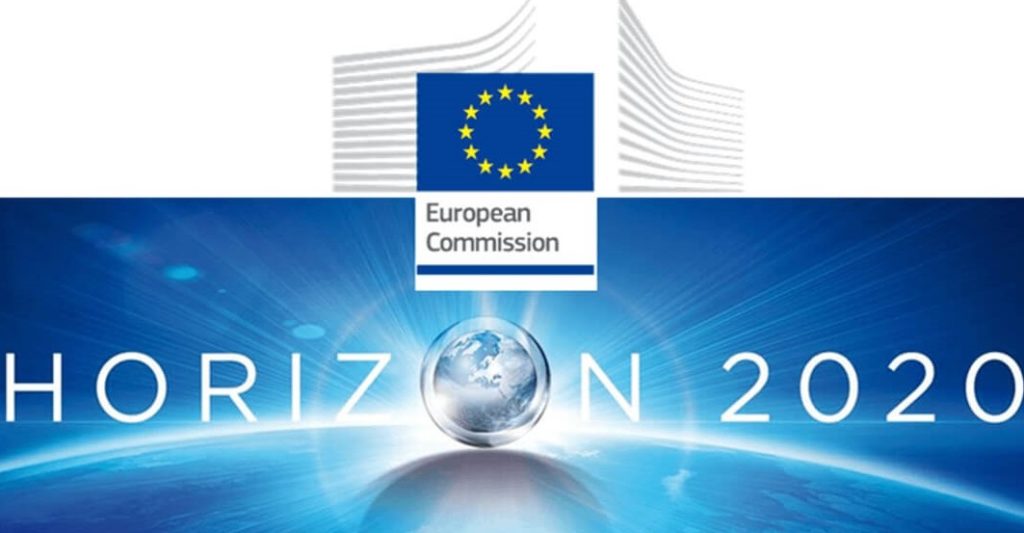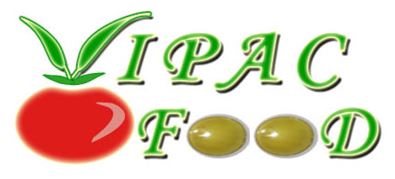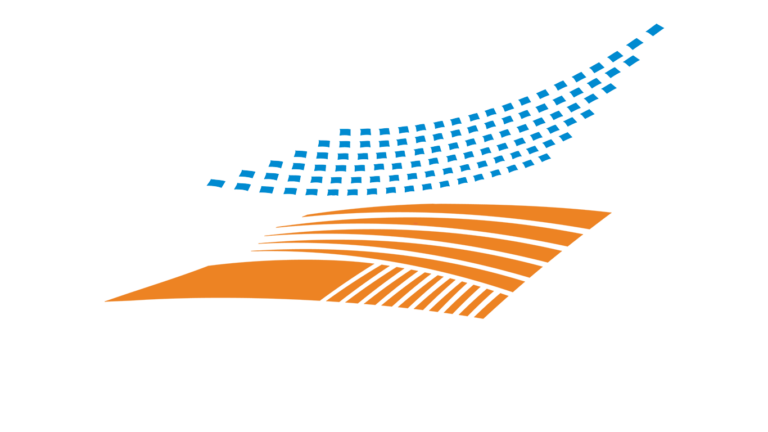
ERA-NET ARIMNet2 call 2016 (Coordination of Agricultural Research in the Mediterranean) of the European Union through the 7th Framework Programme for research, technological development and demonstration.
ERA-NET ARIMNet2, Call 2
ID: J46J16001010008
VIPACFood Project
The VIPACFood project, carried out with the support of the European funds ARIMNet2, call 2016, is one of the 11 projects eligible for funding out of 102 received by the European Evaluation Commission.
In the Mediterranean area, the climate and demographic trends have strongly increased consumer pressure on producers to provide good quality food at affordable prices. Many processing industries in the Mediterranean area generate large quantities of by-products and waste that are mainly landfilled. The solutions to this problem are a greater production efficiency and a reduction of waste in the food chain.
In this context, the VIPACFood project, with a duration of 42 months, to obtain social, environmental and economic benefits, had as main objectives:
- The development of safe and cost-effective post-harvest treatment technologies that can reduce waste, improve food safety and product life, and reduce the amount of packaging used in the food industry.
- The valorisation of fruit processing by-products and algal biomass waste through the extraction of active and functional components with high-added value.
- The development of innovative products with high stability and marketability, which can reduce the volume of by-products and waste to be disposed of, and have a positive impact on the sustainability of processing industries and the environment.
As part of the VIPACFood project, ProdAl activities focused on the use of innovative non-thermal post-harvest treatment technologies to improve durability and reduce deterioration of tomatoes and dried fatty foods.
Other objectives of the experimental activities of ProdAl were:
- the development of new edible films and coatings with and without the addition of high-added value compounds recovered from fruit by-products and from algal waste for tomato preservation;
- the application of combined treatments (Pulsed Light and active edible coatings) for tomato preservation;
- the study of new active coatings containing high-added value bioactive compounds with a high antimicrobial power.
Another activity carried out by ProdAl, which involved all the project partners, was the analysis of the socio-economic impact deriving from the industrialization of the obtained research results.
Main results
The main results obtained within the VIPACFood project are the development of experimental protocols based on economically and environmentally sustainable processes and technologies for the conversion of waste into new active components and the production of food products with high functional properties.
To obtain these results, the following activities have been carried out:
- Characterisation of the extracted bioactive compounds and their incorporation in food matrices to estimate the effects on product quality parameters and shelf-life.
- Use of fruit by-products that have good antioxidant properties on “model” foods and oxidation state evaluation.
- Development of distribution systems for the encapsulation of active components recovered from fruit by-products.
- Evaluation of migration/diffusion of bioactive substances previously extracted and incorporated in coatings and packaging materials.
New bioactive packaging and edible water-resistant films were produced from biopolyester extracted from the grape pomace.
The effectiveness of the innovative non-thermal technology of Pulsed Light (PL) combined with active edible coatings in the reduction of the surface microbial load of tomato has also been demonstrated.
To disseminate the results of the experimental campaign, communication activities have been carried out, including participation in scientific international conferences to share the results with the scientific community, and publication of articles in high impact scientific journals.
Regarding the activities carried out by ProdAl, the main results achieved were:
- Optimization of the thickness of edible coatings based on alginate cross-linked with calcium chloride with and without the addition of a nanoemulsion of oregano essential oil;
- The development of Pulsed Light (PL) treatments at different intensity for the tomato surface decontamination and microbial inactivation during storage periods, in aseptic conditions, at room temperature;
- The study of the increase in tomato shelf life due to the Pulsed Light treatment combined with edible coatings.
The developed alginate formulation, containing a nanoemulsion of oregano essential oil, followed by PL treatment significantly improved the quality of tomato fruits in terms of physicochemical properties and microbiological shelf-life.
ProdAl has carried out market research structured in two phases: one desk and one field research.
The desk analysis was based on the observation of decisions taken at international level on sustainable development. The guidelines of consumers, companies and legislators on consumption and food safety were analysed.
The field analysis, entitled “Innovative packaging to prolong the shelf life and increase the quality of fresh vegetables, reducing food waste” has investigated in depth some aspects and, in particular, has verified if there are links of cause-effect compared to the use of innovative packaging in terms of residence country, age, educational qualification, work activity.
The research involved consumers in the partner countries: Italy, Spain, Portugal, Tunisia. The sample was randomly determined: the idea was to involve people of all ages, engaged in diverse work activities.
The areas of investigation were:
- Promoting sustainable use of the Earth’s ecosystem
- Pursuing food safety and health
- Ensuring sustainable production and consumption patterns
- Promoting innovation and fostering long-term, sustainable, and inclusive growth.
Dissemination activities carried out directly by ProdAl
Publication su scientifich journals
- Jurić, S., Ferrari, G.Velikov, K. P., Donsì, F. (2019).
High-pressure homogenization treatment to recover bioactive compounds from tomato peels. - Pirozzi A., Pataro G., Donsì F., Ferrari G.
Edible Coating and Pulsed Light to Increase the Shelf Life of Food Products Pirozzi A., Del Grosso V., Ferrari G., Donsì F.
Edible coatings containing oregano essential oil nanoemulsion for improving postharvest quality and shelf life of tomatoes- Pirozzi A., Del Grosso V., Ferrari G., Donsì F.
Edible coatings containing oregano essential oil nanoemulsion for improving postharvest quality and shelf life of tomatoesChemical Engineering Transactions, 87, 61-66 (2021)
Participation to events and fairs by ProdAl
3-6 November 2019, Monterrey, Mexico
Invited speaker: Giovanna Ferrari
Title of speech: Development of novel edible films and coatings containing high-added value compounds to be used on tomatoes
23-26 May 2021, Virtual conference
Speakes: Annachiara Pirozzi
Title of speech: Combination of edible coatings containing oregano essential oil nanoemulsion and pulsed light treatments for improving the shelf life of tomatoes
Partners
The Vipacfood project was carried out by 8 partners divided between research centres, universities and companies. In particular:
- Institut National de Recherche et d’Analyse Physicochimique (INRAP) – Tunisia, coordinator
- ProdAl Scarl – Italy
- Università di Catania-Di3A – Italy
- Consiglio Nazionale delle Ricerche (CNR) – Istituto di polimeri, compositi e biomateriali (IPCB) – Italy
- Pharmacy Faculty of the University of Coimbra (UC) – Portugal
- National Institute of Health Dr Ricardo Jorge, I.P. (INSA) – Portugal
- Pharmacy Faculty of the University of Santiago de Compostela (USC) , Spain
- The Tunisian Interprofessional Organization for Vegetables (Groupement interprofessionnel de legumes, GIL) – Tunisia
Documents


